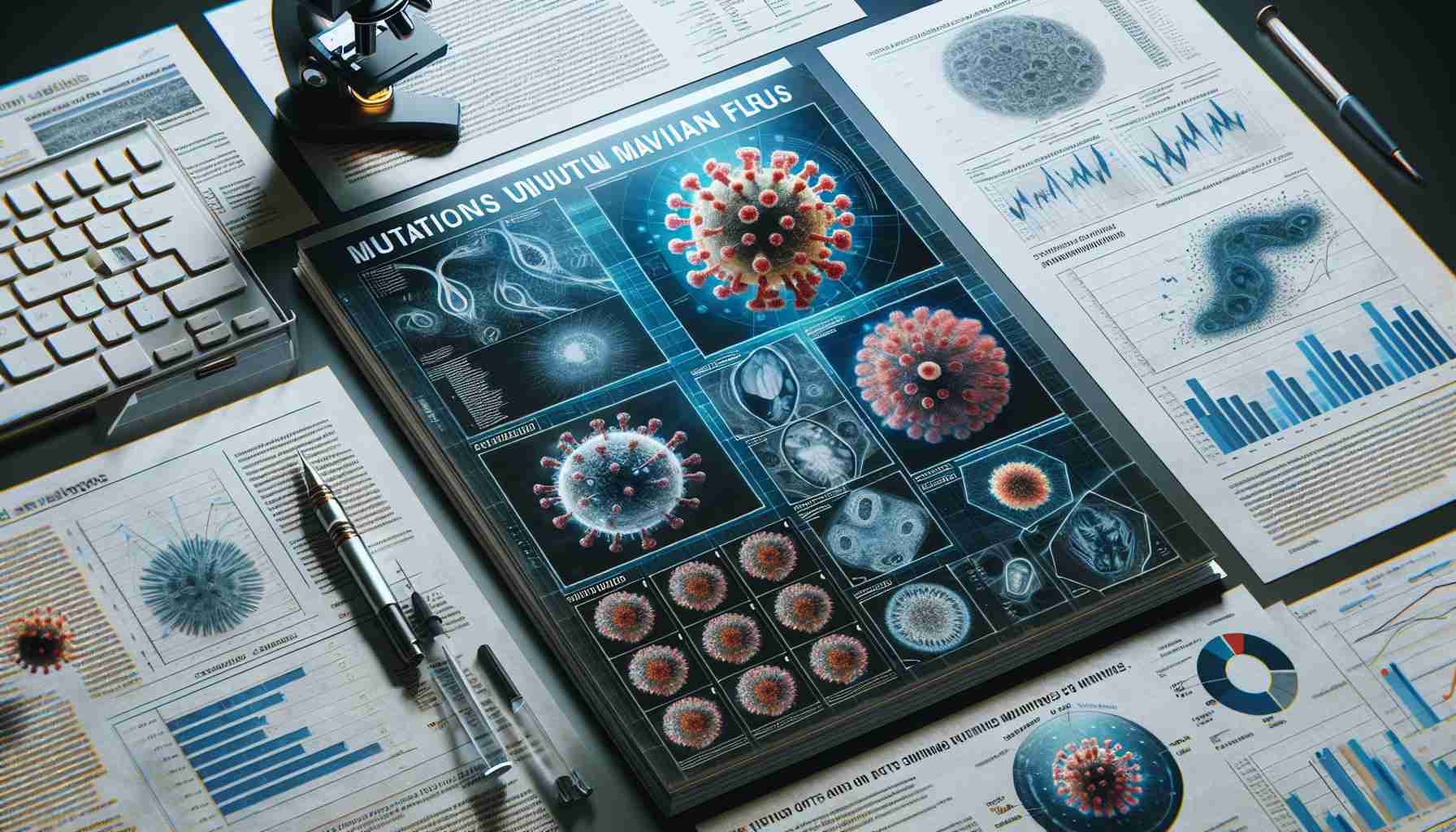On September 21, 2024, Chợ Rẫy Hospital hosted its second scientific conference focused on cutting-edge clinical technology in diagnostics and treatment. The event showcased innovative approaches, particularly in artificial intelligence (AI), aimed at enhancing medical imaging and patient outcomes.
Experts presented how AI is transforming ultrasound imaging over the next decade and improving MRI accuracy to assist healthcare professionals in making more informed decisions. One of the significant topics was the role of AI in classifying various tumors, including breast and thyroid cancers, and analyzing liver health through fat content assessment.
Chợ Rẫy Hospital is already utilizing AI to enhance X-ray analysis, significantly reducing the time required for image interpretation from an average of 54 seconds to just 17 seconds. This advancement has improved the sensitivity and specificity of detecting X-ray abnormalities.
Alongside these innovations, numerous presentations highlighted new technologies aimed at diagnosing neuroendocrine tumors, prostate cancer, and developing modern blood cell counting techniques. Attendees recognized the hospital’s commitment to employing advanced technologies to ensure high-quality healthcare services.
The hospital is a vital institution within the southern region of Vietnam, frequently handling around 10,000 outpatient and inpatient cases daily. With a rising demand for clinical tests, maintaining quick and accurate results is crucial in supporting effective treatment decisions, reflecting the hospital’s ongoing dedication to healthcare excellence.
Advancements in Medical Diagnostics: A New Era for Chợ Rẫy Hospital
As Vietnam’s premier hospital, Chợ Rẫy Hospital remains at the forefront of medical advancements, particularly in the realm of diagnostics. The recent scientific conference held on September 21, 2024, underscored the significant strides being made in clinical technology, but several additional facets of this evolution warrant attention.
Key Questions and Answers
1. What specific AI technologies are being integrated at Chợ Rẫy Hospital?
– Chợ Rẫy Hospital is leveraging deep learning algorithms for image analysis in various diagnostic modalities. These technologies are not limited to radiology but extend to pathology, where AI assists in identifying cellular anomalies in biopsy samples.
2. How is patient data being handled to maximize the utility of AI?
– The hospital has implemented a robust digital health system that integrates patient records with AI diagnostics, ensuring that algorithms can analyze large datasets for patterns while adhering to strict data privacy regulations.
3. What are the implications of these advancements for patient outcomes?
– Improved diagnostic precision leads to earlier disease detection and personalized treatment plans, which can significantly enhance patient recovery rates and overall health outcomes.
Key Challenges and Controversies
Despite these promising advancements, several challenges accompany the integration of new technologies:
– Data Security: With increased reliance on digital platforms, ensuring the security of patient information is paramount. Cybersecurity threats have the potential to compromise sensitive medical data.
– AI Bias: There is concern regarding the potential for biases in AI algorithms, which could lead to unequal healthcare outcomes. Continuous monitoring and retraining of AI models are necessary to mitigate this issue.
– Training and Acceptance: Healthcare professionals must be adequately trained to work alongside AI tools. Resistance to adopting new technology can hinder progress, necessitating comprehensive education and support.
Advantages and Disadvantages
Advantages:
– Efficiency: AI accelerates diagnostic processes, reducing the time for analysis and enabling quicker clinical decisions.
– Accuracy: With enhanced imaging techniques and algorithms, inaccuracies in diagnosis can be minimized, improving patient safety.
– Scalability: Advanced diagnostics can be replicated across various facilities, potentially elevating healthcare standards nationwide.
Disadvantages:
– Cost: The initial investment in AI technology and training can be substantial, posing a challenge for resource allocation.
– Dependency: Increasing reliance on technology may inadvertently lead to a decline in traditional diagnostic skills among healthcare professionals.
– Ethical Considerations: The use of AI in diagnostics raises ethical questions regarding patient consent and the transparency of AI decision-making processes.
Conclusion
In conclusion, Chợ Rẫy Hospital’s commitment to advancing medical diagnostics through AI and other innovative technologies marks a significant step forward in healthcare delivery. As the hospital overcomes challenges and addresses the implications of these advancements, it sets a precedent for medical institutions both in Vietnam and beyond. The balance between harnessing technology and maintaining ethical standards will be critical as we move into this new era of medical diagnostics.
For more information, you can visit the hospital’s official site at Chợ Rẫy Hospital.






















